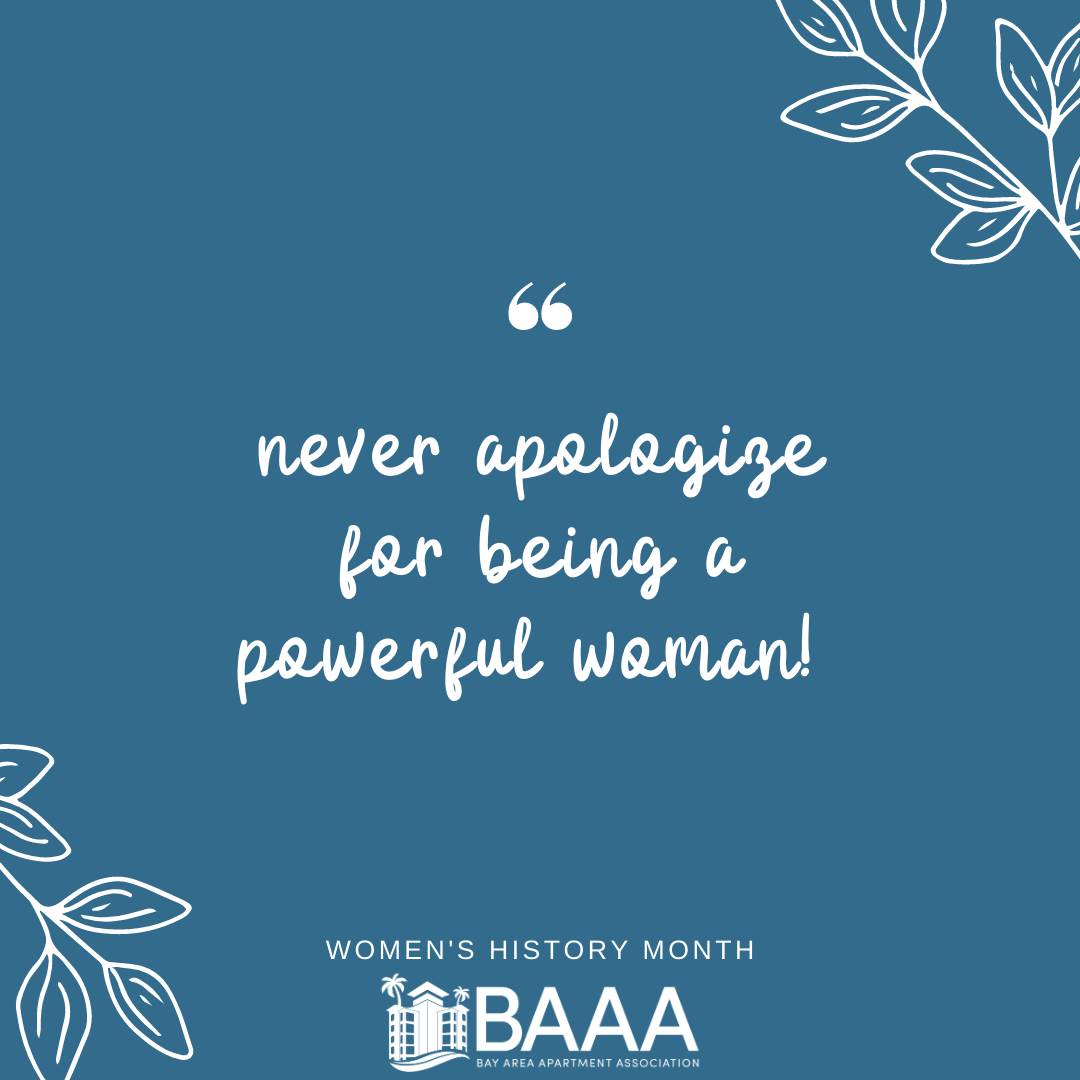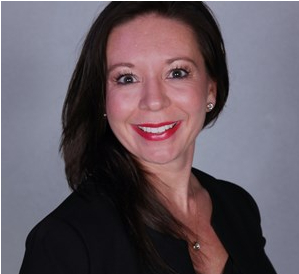Leadership Spotlight: Stephanie Ingram
An initiative of the Diversity & Inclusion Committee, this series of interviews aims to highlight women leaders in the apartment industry during Women’s History Month and Gender Equity Month in March.

Stephanie Ingram, Chief Operating Officer for Maffahey Apartment Company is one of BAAA’s newest and brightest Board Members. We were delighted to sit down with Stephanie and hear her story.

Q: Tell us how you got started in the apartment industry.
A: I started on the commercial real estate side doing malls, strip centers, restaurants, and even casinos. In 2008, when the housing market crash started, I started to see that marketing dollars were declining and national retailers were starting to pull out. The turning point in my career was when I saw the writing on the wall and thought to myself, I love what I do but need something a bit more recession-proof. So, it was the turning point in my career when I thought, “everyone needs housing” since I was already in real estate and was able to slide into marketing/sales, which was a natural fit from my CRE background. My mentor at my first property management company suggested moving to the operations side, citing my leadership skills and ability to work with numbers. I wasn’t sure but went for it, and it has been a whirlwind since. A head hunter actually reached out to me about the opportunity I stand in today, and as if the stars just aligned, I could not be any happier.
Q: As we know, the multifamily industry is mostly female-led. How does your experience in commercial real estate compare to the multifamily industry?
A: While this may not be the case for every market, in my experience, regional multifamily operations and commercial real estate are very female-dominated areas. Whereas C-Suite and the Ownership side is mostly male-dominated and at times can feel a bit like the good old boys club. While ownership at Mahaffey is mostly white male-dominated, I have always felt respected and like I had a seat at the table. However, it hasn’t always been this way with other companies I worked for in the past, so I think there is still a lot of change that still needs to happen. There is so much more at play than just the male-female dynamic, including age, LGBTQ community, race, and more.
Q: What are some of the barriers that women face in this industry or maybe in any profession? What about the glass ceiling, and ways maybe you feel that can be broken through?
A: I think there still exists the stigma that women will bring drama to the workplace and cannot be as definitive in their skills and decision making, and conversely when we present ourselves as definitive and aggressive we are perceived as rude. Personally, all I feel I can do every day is to show up and give examples of how we can get past that. What I have done is respectfully and professionally point those out who act or speak in ways that promote bigotry and prejudice. I make sure they know that’s not the culture we are trying to cultivate here and to leave those sentiments at the door. Honestly, I wish I had all the answers or the solution to this, but I feel the best we can do is for all of us to chip away at it every day toward the greater good.
Q: What do you feel are some ways in which we can make this profession more equitable?
A: On a personal level, I think there are still societal norms surrounding the thought that women ``can't have it all”. That we can’t balance having a successful career while being a good parent and being a good spouse. There still exists a lot of pressure to have it all, and a lot of standards to what “having it all” means. I think it is important that we understand there are different meanings of “all” to each of us and that it’s okay if our version of “all” is not the traditional thing. There is this stigma that men don’t have to have this balance or this pressure to be all because they are the providers. As a whole, we need to be able to move past this stigma and we need to start normalizing people's ability to have flexibility. I think we need to recognize that life wishes are different for everyone and a career is just part of your whole life package. If it were permissible for a male to leave the workplace because their child has an event, it should be equally permissible for a female to do the same, and not have to justify the reason. Ultimately, this is about normalizing these conversations, normalizing other people’s versions of life, and moving past the stigmas of the past.
Q: What trait do you think it takes to be successful in property management?
A: Tenacity. Being determined and persistent with your goals and growth. Not being afraid to professionally use your voice and staying true to your core values that drive your decisions and make you, uniquely, who you are.
Q: If you were starting your career all over again, is there anything you would do differently?
A: Be more patient and give myself a little more grace in growing throughout my career. Type-A driven personalities can be some of the worst self-critics. It’s a double-edged sword. While those traits prove successful, it can also be a detriment.

